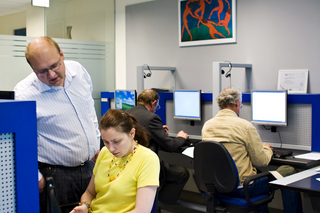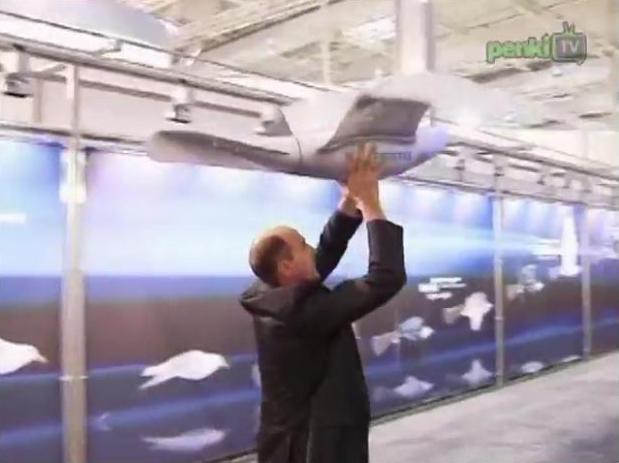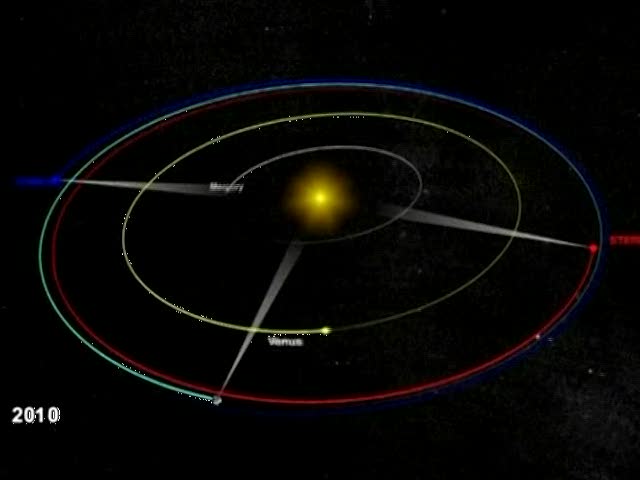Working group proposes carrots and sticks to encourage early graduation
Published:
8 January 2004 y., Thursday
A working group at the Ministry of Education wants to impose limits on the time students spend on university studies. Under the plan, which would take effect in 2005, the normal amount of time taken to complete studies could be exceeded by a maximum of two years. In most cases this would place a seven-year limit for a higher, master's-level degree.
The working group also wants to require a personal study plan for each student to prevent students from taking on too diverse an array of courses. Tuition would continue to be free for full-time students studying for a degree. However, mandatory fees are planned for supplementary studies undertaken when a person already is at work.
The working group is also calling for a number of other ways to keep students to their schedule, including making more efficient use of time and trimming the content of the subject matter. The academic year would also be longer: the autumn term would begin on the first of September and end on December 15. The spring term would be extended to the end of May.
The proposals of the working group are part of broader government plans to extend the amount of time that Finns stay at work.
Šaltinis:
helsinki-hs.net
Copying, publishing, announcing any information from the News.lt portal without written permission of News.lt editorial office is prohibited.
The most popular articles

The European Commission announced today the award of three of the six contracts for the procurement of Galileo’s initial operational capability.
more »
 Brazilian researchers have developed a new type of permeable pavement that can store rain water and ease the impacts of floods.
more »
Brazilian researchers have developed a new type of permeable pavement that can store rain water and ease the impacts of floods.
more »
 A cursor on a computer screen can be controlled using thoughts about a range of vowel sounds, research has found.
more »
A cursor on a computer screen can be controlled using thoughts about a range of vowel sounds, research has found.
more »
 Fifty years after Russia's Yuri Gagarin became the first man into space, Moscow is determined to maintain a leadership role in space exploration, despite recent problems with satellite launches and increasing competition from countries like China, Japan and India.
more »
Fifty years after Russia's Yuri Gagarin became the first man into space, Moscow is determined to maintain a leadership role in space exploration, despite recent problems with satellite launches and increasing competition from countries like China, Japan and India.
more »
 During sleep the body actively restores it's energy and condition.
more »
During sleep the body actively restores it's energy and condition.
more »
 Penki Кontinentai Training Center was set up in one of the oldest and most innovative ITT companies, and now counts the second decade. Politicians, businessmen, artists and entertainers have learned and acquired skills here during these years.
more »
Penki Кontinentai Training Center was set up in one of the oldest and most innovative ITT companies, and now counts the second decade. Politicians, businessmen, artists and entertainers have learned and acquired skills here during these years.
more »
 Researchers say they have succeeded in deciphering the flight of birds, "one of the oldest dreams of mankind.". The team, from German automation company Festo, say their robotic seagull that can take-off, fly and land autonomously.
more »
Researchers say they have succeeded in deciphering the flight of birds, "one of the oldest dreams of mankind.". The team, from German automation company Festo, say their robotic seagull that can take-off, fly and land autonomously.
more »
 "All research, however good its intentions, necessarily involves risks," Oxford University neuroscience professor Colin Blakemore explained at a workshop on "ethical dilemmas in brain research" held by Parliament’s Science and Technology Options Assessment (STOA) team.
more »
"All research, however good its intentions, necessarily involves risks," Oxford University neuroscience professor Colin Blakemore explained at a workshop on "ethical dilemmas in brain research" held by Parliament’s Science and Technology Options Assessment (STOA) team.
more »
 NASA's Messenger spacecraft delivers its first photos of Mercury and the first images ever taken from the rocky planet's own orbit.
more »
NASA's Messenger spacecraft delivers its first photos of Mercury and the first images ever taken from the rocky planet's own orbit.
more »
 Discovery reached the ISS on Saturday, two days after liftoff from the Kennedy Space Center, for its 39th and final mission.
more »
Discovery reached the ISS on Saturday, two days after liftoff from the Kennedy Space Center, for its 39th and final mission.
more »
 NASA has released for the very first time on Sunday images that show the complete surface of the Sun.
more »
NASA has released for the very first time on Sunday images that show the complete surface of the Sun.
more »